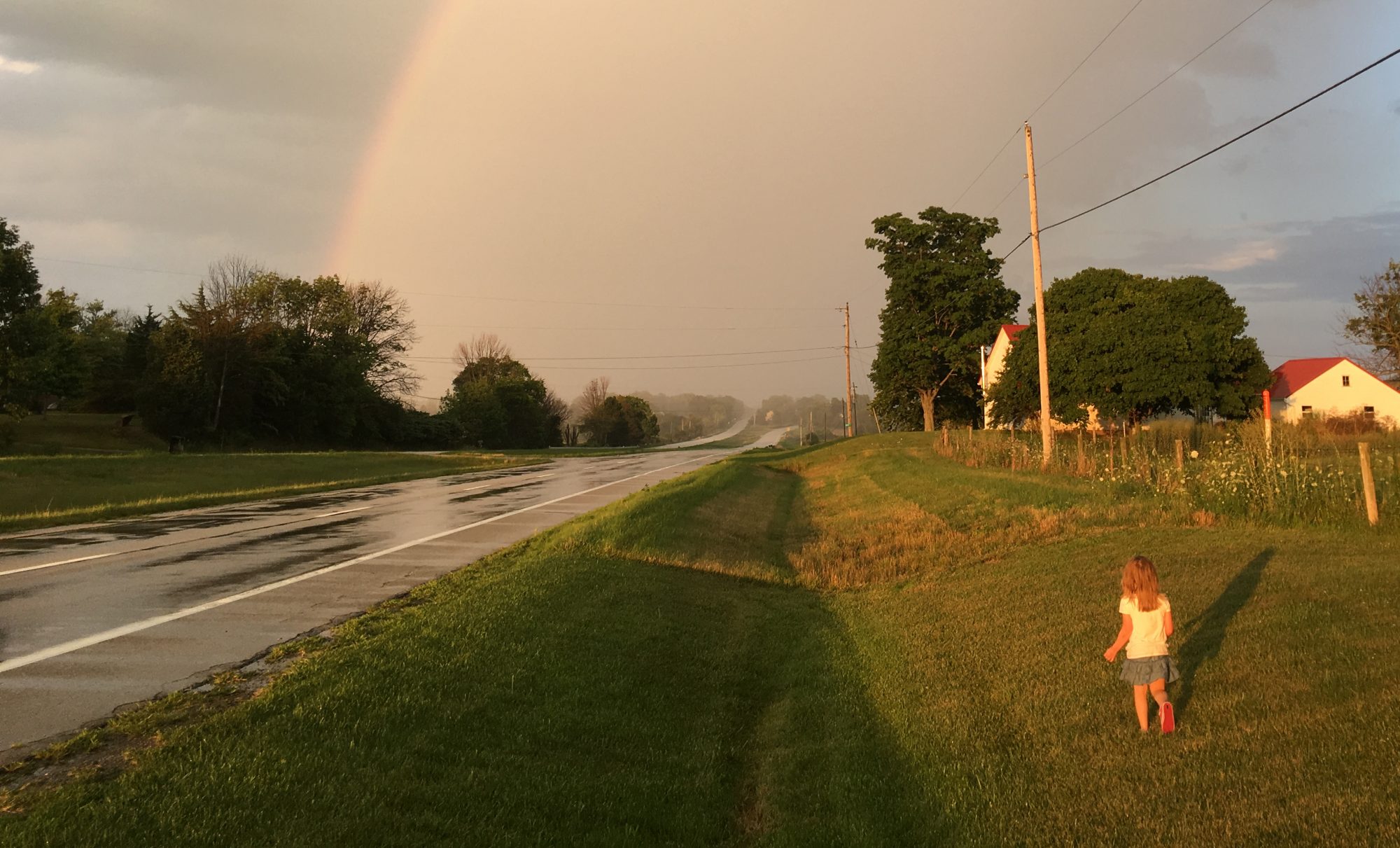I never read the Narnia books. I remember attempting this particular installment in the 4th grade, then quickly setting it aside and reading The War of the Worlds instead. I always did like science fiction, but I enjoyed fantasy too. Maybe I just didn’t like C. S. Lewis’ writing style at the time–who knows? In any case, having read The Lord of the Rings series in high school, the Narnia books have been on my radar since (The Inklings). And after an Isaac Asimov binge, I felt like a genre change.
I did read The Magician’s Nephew last year, which bears mentioning due to relevance, but for the sake of this blog I’m going to focus on books as I read them.
I noticed two themes upon mentioning this series to people. First: no one agrees on the order in which to read them: chronological or date of publication? Normally, my preference is date of publication, but this was a box set (my wife’s), ordered chronologically. Maybe it was because this was the order in which I presume my wife read them and I hoped to replicate her experience, or perhaps because they were numbered and I succumbed to the box’s suggestion. In any case, I’m glad I read The Magician’s Nephew first, because I did not find it an interesting read at all, and was therefore happy to have gotten it out of the way. Still, I think for the sake of The Lion, the Witch and the Wardrobe, it would have been better to have read The Magician’s Nephew after, because The Magician’s Nephew doesn’t make nearly as interesting an introduction to Narnia as The Lion, the Witch and the Wardrobe did. The mystery and awe of Narnia was kind of spoiled for me, as was the Professor’s hint at having knowledge of Narnia.
Second: Jesus. On this point I’d just like to say, can we shut up about the allegory thing already? First of all, Lewis was an atheist at the time. Second, he was a returning First World War veteran, so the allegory interpretation doesn’t really resonate with the context of Lewis’ experiences. Third, Lewis himself refuted this analysis. Fourth, just shut up and form an original interpretation of your own and stop spouting what everyone else has already said about the book.
Now my thoughts on the story: I feel it would have been a fun fantasy adventure book had I read it when I was of the age for which the book was intended. Still, it was fun to go along for the ride, and it hints at a greater complexity I hope to discover in greater depth as I progress through the series. If nothing else, it’s worth the read for the cultural and literary significance.
Also, this might simply be pedantic musing, but Lewis, having been an Oxford alumnus, omits the Oxford comma from the title of this book.
–Simon
